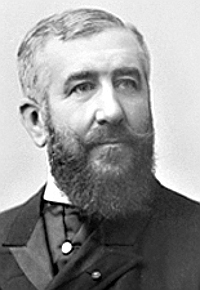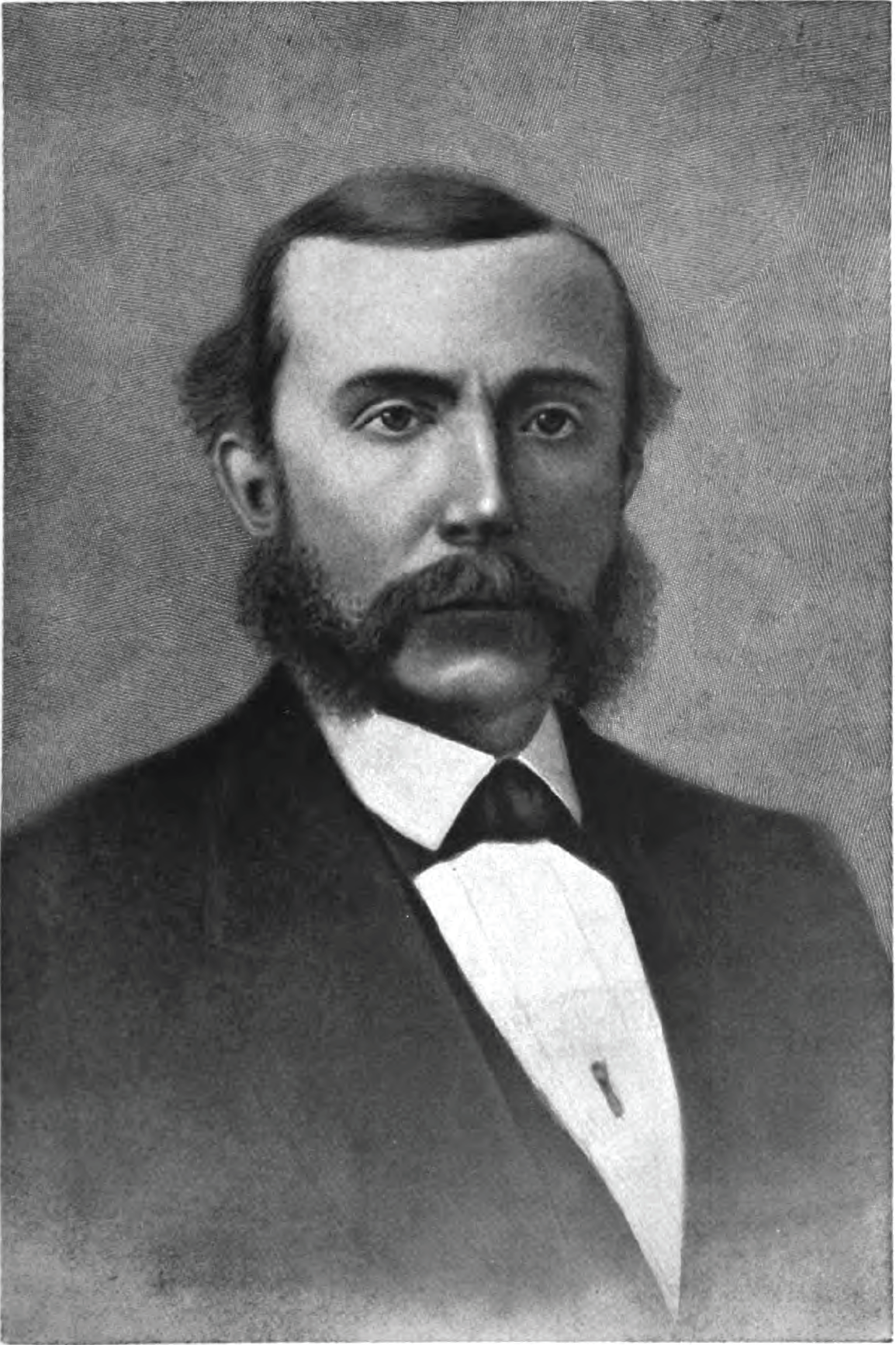|
Maltese Labour Corps
The Maltese Labour Corps (MLC) was a labour unit raised in Malta during the First World War to support the British Army. It comprised two battalions of labourers and stevedores; two companies of cooks, waiters, and servants; and a company of miners. The units served at Gallipoli, Salonika, Italy, and in Turkey (after the armistice). There may have been a further independent labour company that served in Malta. Many of the units' commanding officers were drawn from the King's Own Royal Malta Regiment of Militia. More than 5,000 men served in the corps, with members receiving the British War Medal in bronze. In the course of their service 124 members died, at least one killed in action with many of the remainder dying during the Spanish Flu pandemic of 1918. First Battalion In August 1915, there was a request for 750 volunteers from Malta to form a labour battalion for service with the British Army. More than 1,000 applied and by the start of September 864 of these had ... [...More Info...] [...Related Items...] OR: [Wikipedia] [Google] [Baidu] |
Walter Campbell (British Army Officer)
Lieutenant General Sir Walter Campbell, (30 July 1864 – 11 August 1936) was a British Army officer who served as Quartermaster-General to the Forces. Early life and education Campbell was born in County Antrim, Ireland, the son of John Campbell of Rathfern, White Abbey, Belfast. He was educated at Wellington College and Trinity College, Cambridge, but left university after three years for Sandhurst when he decided upon a military career. Military career Campbell was commissioned a second lieutenant in the Gordon Highlanders on 5 February 1887,Sir Walter Campbell Liddell Hart Centre for Military Archives promoted to on 5 December 18 ... [...More Info...] [...Related Items...] OR: [Wikipedia] [Google] [Baidu] |
Decauville Railway
Decauville () was a manufacturing company which was founded by Paul Decauville (1846–1922), a French pioneer in industrial railways. Decauville's major innovation was the use of ready-made sections of light, narrow gauge track fastened to steel sleepers; this track was portable and could be disassembled and transported very easily. The first Decauville railway used gauge; Decauville later refined his invention and switched to and gauge. History Origins In 1853 Paul Decauville's father, Amand, created a boilermaking workshop on the family farm in order to set up distilleries on the farms to the east of Paris. In 1864, Amand asked his eldest son, Paul, to come and help him following health problems. Very quickly, the latter seeks to improve the functioning of the estate. Very developed under the Second Empire in the northern half of France, the production of sugar beet and its refining into sugar, is linked to that of alcoholic products such as fuel. Amand will therefore en ... [...More Info...] [...Related Items...] OR: [Wikipedia] [Google] [Baidu] |
XII Corps (United Kingdom)
XII Corps was an corps, army corps of the British Army that fought in the World War I, First and World War II, Second World Wars. In the First World War, it formed part of the British Salonika Force on the Macedonian front. In the Second World War, it formed part of the Second Army (United Kingdom), British Second Army during Operation Overlord and the subsequent North West Europe Campaign, North-West Europe Campaign of 1944-45. First World War XII Corps was formed in France on 8 September 1915 under the command of Lt-Gen Henry Fuller Maitland Wilson, Sir Henry Fuller Maitland Wilson. In November 1915, XII Corps was sent from France with 22nd Division (United Kingdom), 22nd, 26th Division (United Kingdom), 26th and 28th Division (United Kingdom), 28th Divisions under command to reinforce Allies (World War I), Allied forces on the Macedonian front (World War I), Macedonian front. Wilson and his corps Military headquarters, headquarters (HQ) arrived at the port of Salonika on 12 Nov ... [...More Info...] [...Related Items...] OR: [Wikipedia] [Google] [Baidu] |
XVI Corps (United Kingdom)
The British XVI Corps was a British infantry corps during World War I. During World War II the identity was recreated for deceptive purposes. History British XVI Corps was formed in Salonika in January 1916 under Lieutenant General George Milne. Milne was starved of resources by Sir William Robertson who considered all operations outside the Western Front to be "side shows".Heathcote, T.A., p.210 The Corps Headquarters were at Kirechkoi to the east of Thessaloniki from January 1916 until the advance to the Struma in September 1916. From May 1916 it was one of two corps within the British Salonika Army. The campaign developed into a battle for position with trenches and emplacements from which the General Officer Commanding ( Lieutenant-General Charles Briggs) undertook limited actions to capture Bulgarian and Turkish positions in a river valley that was infested with mosquitos. British operations in the Balkans Campaign were costly: the allies lost over 7,000 troops at th ... [...More Info...] [...Related Items...] OR: [Wikipedia] [Google] [Baidu] |
Gozo
Gozo (, ), Maltese: ''Għawdex'' () and in antiquity known as Gaulos ( xpu, 𐤂𐤅𐤋, ; grc, Γαῦλος, Gaúlos), is an island in the Maltese archipelago in the Mediterranean Sea. The island is part of the Republic of Malta. After the island of Malta itself, it is the second-largest island in the archipelago. As of 2021, the island has a population of around 31,232 (out of Malta's total 443,227), and its inhabitants are known as Gozitans ( mt, Għawdxin). It is rich in historic locations such as the Ġgantija temples, which, along with the other Megalithic Temples of Malta, are amongst the world's oldest free-standing structures. The island is rural in character and less developed than the island of Malta. Gozo is known for its scenic hills, which are featured on its coat of arms. The Azure Window, a natural limestone arch, was a remarkable geological feature until its collapse on March 8, 2017. The island has other notable natural features, including the Inland Se ... [...More Info...] [...Related Items...] OR: [Wikipedia] [Google] [Baidu] |
Standard Oil
Standard Oil Company, Inc., was an American oil production, transportation, refining, and marketing company that operated from 1870 to 1911. At its height, Standard Oil was the largest petroleum company in the world, and its success made its co-founder and chairman, John D. Rockefeller, who is among the wealthiest Americans of all time and among the richest people in modern history. Its history as one of the world's first and largest multinational corporations ended in 1911, when the U.S. Supreme Court ruled that it was an illegal monopoly. The company was founded in 1863 by Rockefeller and Henry Flagler, and was incorporated in 1870. Standard Oil dominated the oil products market initially through horizontal integration in the refining sector, then, in later years vertical integration; the company was an innovator in the development of the business trust. The Standard Oil trust streamlined production and logistics, lowered costs, and undercut competitors. "Trust-busting" cri ... [...More Info...] [...Related Items...] OR: [Wikipedia] [Google] [Baidu] |
Pharmacist
A pharmacist, also known as a chemist (Commonwealth English) or a druggist (North American and, archaically, Commonwealth English), is a healthcare professional who prepares, controls and distributes medicines and provides advice and instructions on the correct and safe use of medicines to achieve maximum benefit, minimal side effects and to avoid drug interactions. They also serve as primary care providers in the community. Pharmacists undergo university or graduate-level education to understand the biochemical mechanisms and actions of drugs, drug uses, therapeutic roles, side effects, potential drug interactions, and monitoring parameters. This is mated to anatomy, physiology, and pathophysiology. Pharmacists interpret and communicate this specialized knowledge to patients, physicians, and other health care providers. Among other licensing requirements, different countries require pharmacists to hold either a Bachelor of Pharmacy, Master of Pharmacy, or Doctor of Pharmacy d ... [...More Info...] [...Related Items...] OR: [Wikipedia] [Google] [Baidu] |


